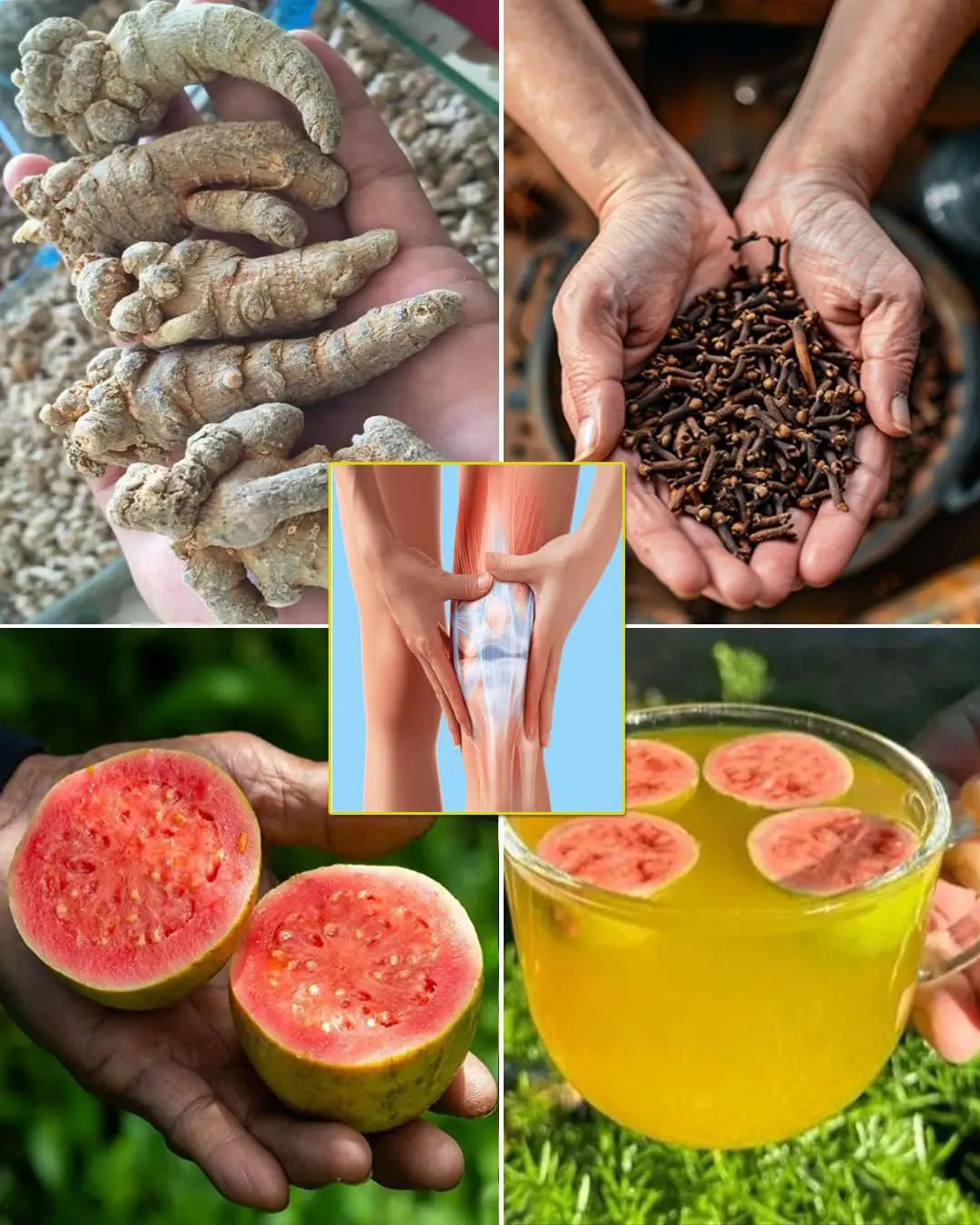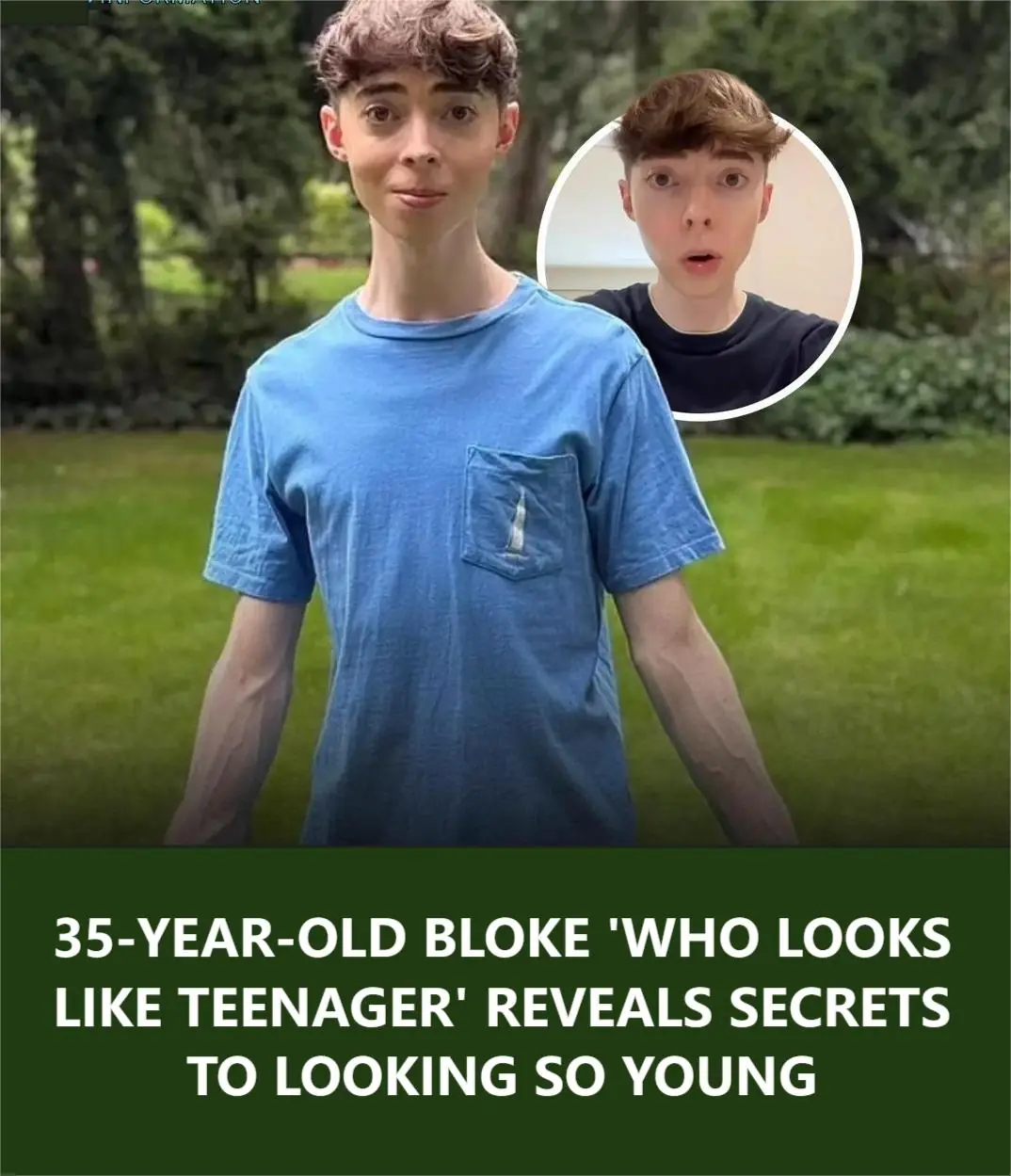
“Doctor warns: 3 beauty habits you might think are harmless — but that could speed up cancer development!”
Because beauty routines are so common, many people don’t realise how small habits can expose us to hidden risks — including increased cancer risk. Dr. Mikkael Sekeres, Director of Hematology at the Sylvester Comprehensive Cancer Center in Florida, notes:
“We all know smoking and heavy alcohol increase cancer risk, but there are many other lifestyle habits — including seemingly innocuous beauty routines — that may be just as harmful.”
Here are three beauty habits you may want to reconsider:
1. Frequent hair-perming, relaxing or dyeing
Many people indulge regularly in chemically-based hair treatments: perms, relaxers, straighteners, and frequent dyes. But these treatments often use strong chemicals like formaldehyde and phthalates, which may pose long-term risks. For example, some hair straightening formulas release formaldehyde or related compounds when heated. Research from the U.S. National Cancer Institute notes that “treatments used to straighten or relax hair contain a mixture of chemicals. Some formulations contain the carcinogen formaldehyde.” Cục Nghiên Cứu Ung Thư+1
While direct proof linking typical consumer use to cancer is limited — the World Health Organization’s IARC found some evidence for hairdressers (professionals with prolonged exposures) but insufficient evidence for casual users. WebMD+1
What to consider:
-
When using dyes or relaxers, check for formaldehyde-releasing agents or strong chemical names.
-
Limit the frequency of major treatments — experts suggest keeping high-risk procedures (like strong straightening or bleaching) to 2-3 times per year if possible.
-
Use good ventilation and protective measures during salon treatments.
2. Getting large or many tattoos
Tattoos have become a popular beauty and self-expression choice. But emerging evidence suggests that tattoo ink may have long-term health implications. A large Danish twin cohort study found that individuals with tattoos had increased hazards for skin cancer and lymphoma — for example, tattoos larger than the palm of a hand were associated with ~2.4× higher risk of skin cancer and ~2.7× higher risk of lymphoma. BioMed Central+1
Another study found a 21% higher risk of malignant lymphoma among tattooed individuals vs non-tattooed, though the authors emphasise correlation—not proven causation. PubMed+1
Why might this risk exist? Tattoo inks can contain heavy metals, polycyclic aromatic hydrocarbons (PAHs), primary aromatic amines, and other substances that may accumulate in lymph nodes or prompt chronic inflammation. PubMed
What to consider:
-
If you plan to get a tattoo, go to a licensed professional using regulated inks.
-
Avoid very large coverage tattoos if concerned about long-term exposure.
-
Monitor your skin and lymph nodes over time; unusual lumps, skin changes or inflamed areas warrant medical attention.
-
Be aware this is still an emerging research area — but prudent caution is wise.
3. Over-use of topical hormone-containing products
Many anti-aging creams, beauty serums or skin-care treatments claim hormone-like or hormone-containing effects (especially those containing estrogens or “plant derived” hormonal compounds). While some may indeed help skin appearance, over-use or misuse can disrupt the endocrine system — and raise risk for hormone-sensitive cancers (such as breast, ovarian, thyroid).
According to the American Cancer Society, long-term use of systemic estrogen may modestly increase certain cancer risks (e.g., ovarian), though topical use appears low risk; still, “the amount of hormone is much smaller than systemic therapy.” Cancer.org
What to consider:
-
Read ingredient labels carefully — any product that advertises “hormone-like” effects deserves scrutiny.
-
If you have a family history of hormone-sensitive cancers (breast, ovarian, endometrial), ask your oncologist or endocrinologist before using hormone-containing cosmetics.
-
View any hormone-based skincare as adjunctive, not a substitute for medical treatment or professional advice.
📌 Summary & Key Takeaways
-
Beauty routines do matter: While makeup, hair-treatments and tattoos are meant to enhance appearance, some carry hidden health risks.
-
Risk is cumulative: The more frequent, larger, or more chemically intense the treatment, the higher the potential exposure.
-
Informed choice matters: You don’t necessarily have to eliminate these beauty habits, but you should limit frequency, choose safer options, and stay informed.
-
Lifestyle still wins: Good sleep, healthy diet, sun-protection and avoiding smoking/alcohol remain foundational to cancer-prevention — Beauty habits alone cannot compensate.
News in the same category


7-Eleven Manager Allegedly Suffocates Employee During Shift—Victim Dies Days Later
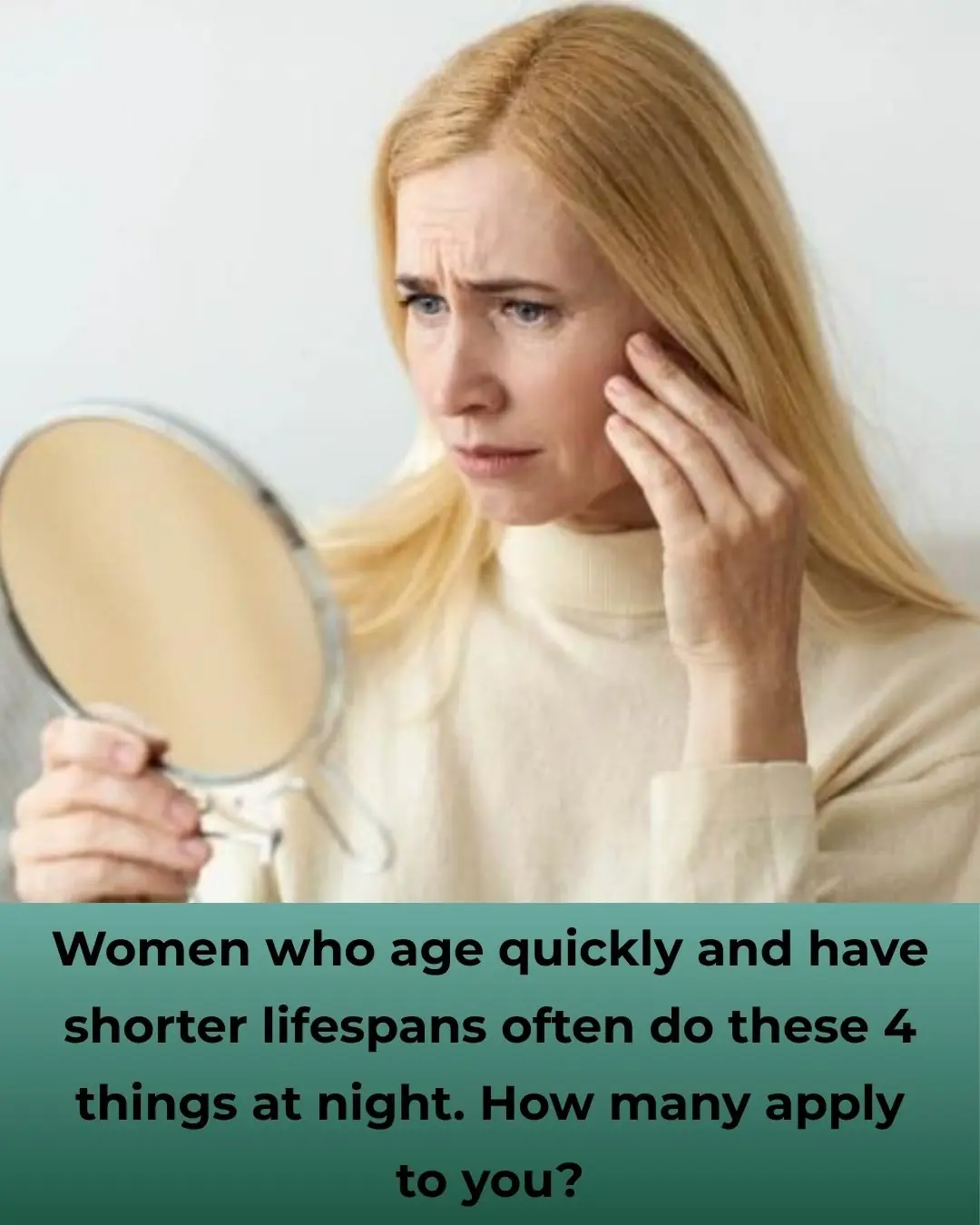
Women Who Age Quickly & Have Shorter Lifespans Often Do These 4 Things at Night — How Many Are You Guilty Of?
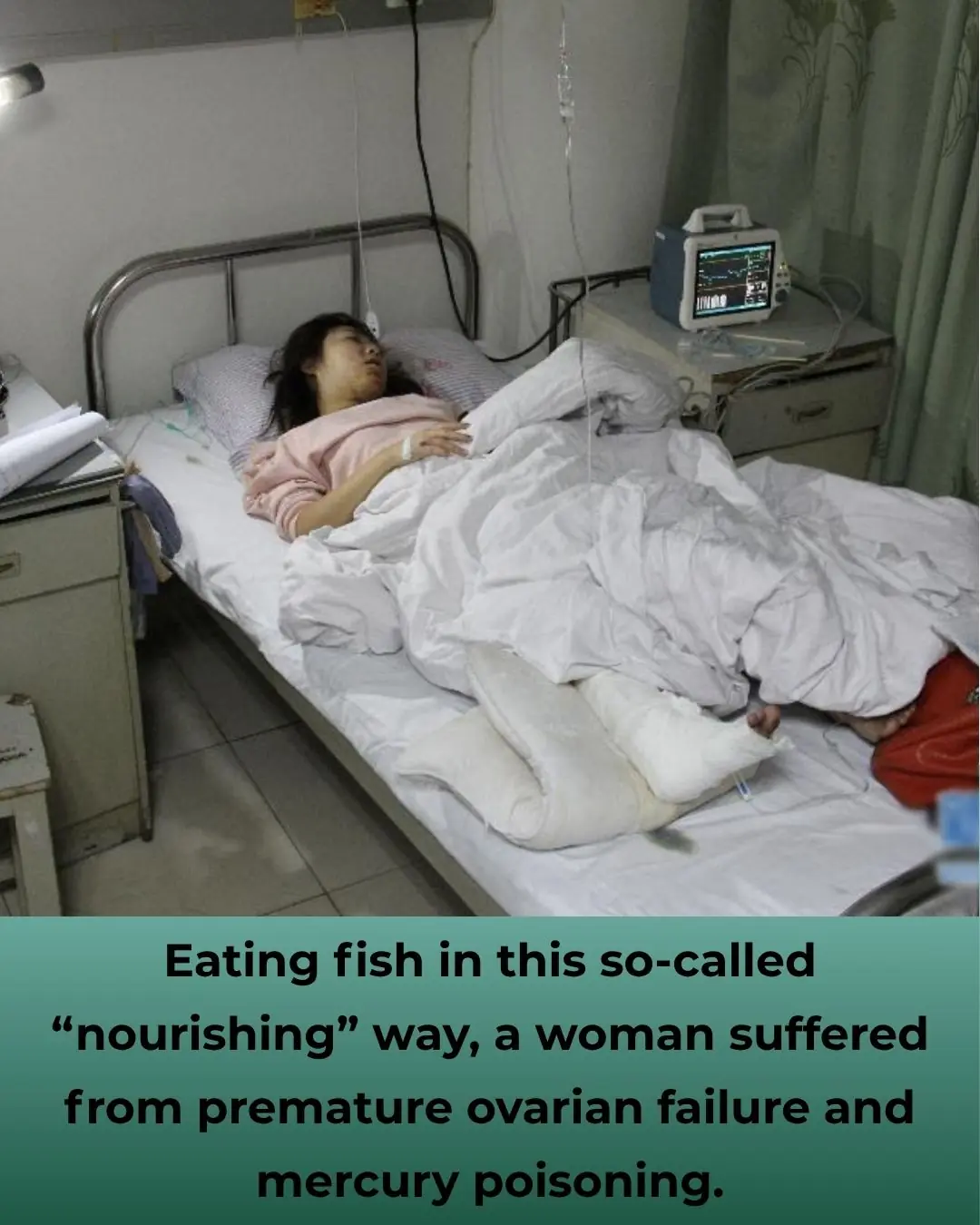
Eating Fish “for Ultimate Strength” — 30-Year-Old Woman Diagnosed with Premature Ovarian Failure, Body Full of Mercury
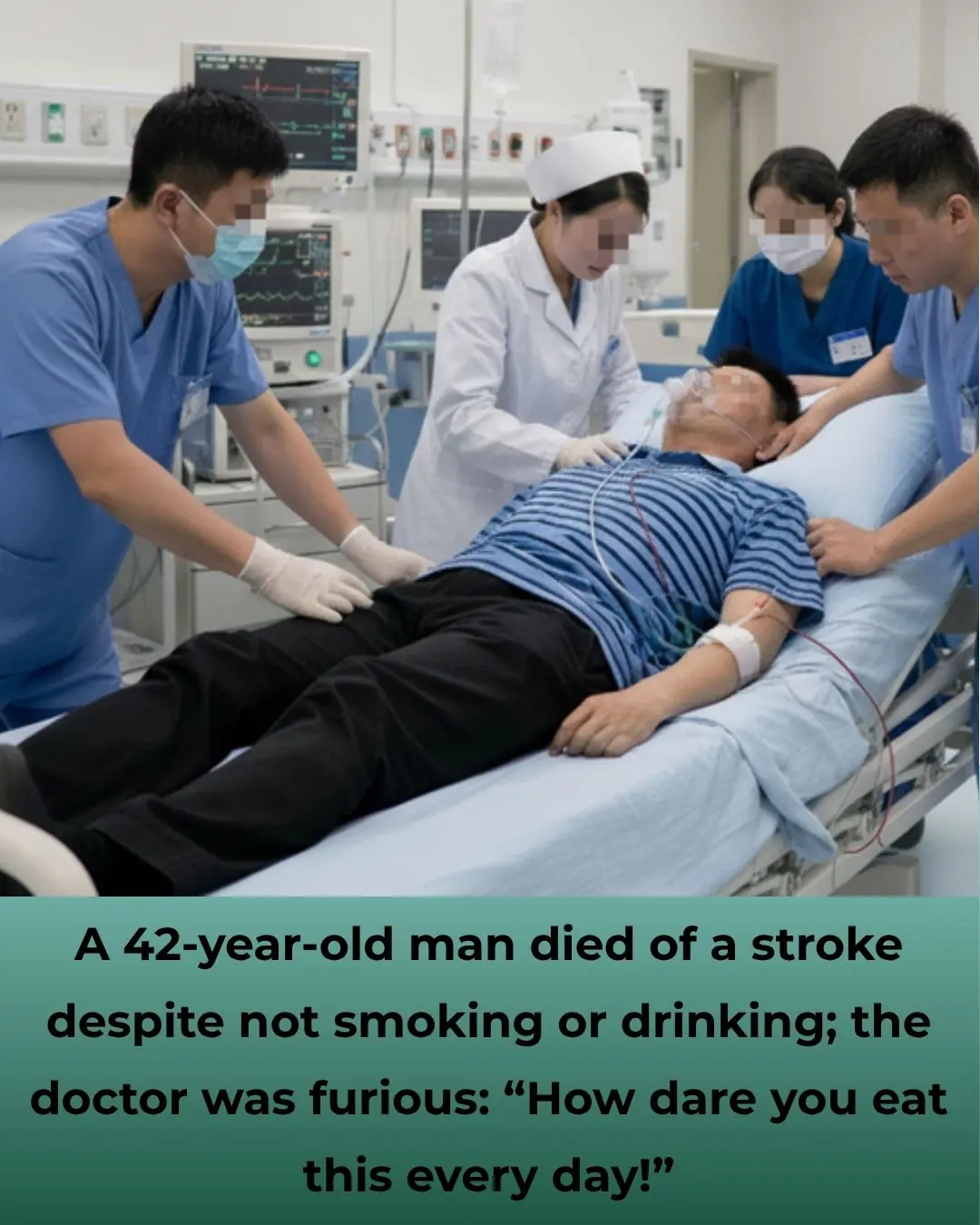
42-Year-Old Man Dies of Stroke Despite No Smoking or Alcohol — Doctor Warns: “How Dare You Eat This Every Day!”
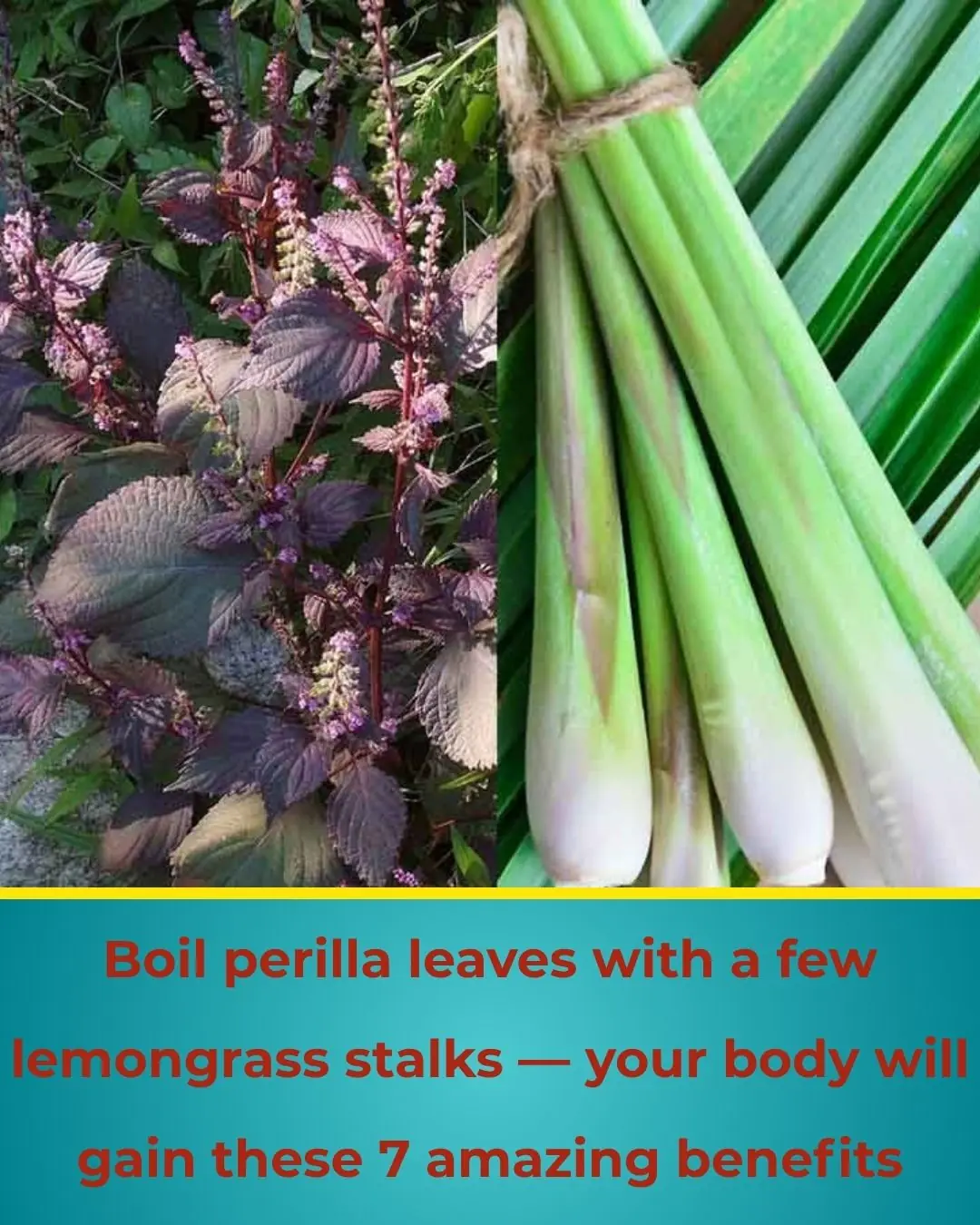
Boil Perilla Leaves with a Few Stalks of Lemongrass — Your Body Gets These 7 Excellent Benefits
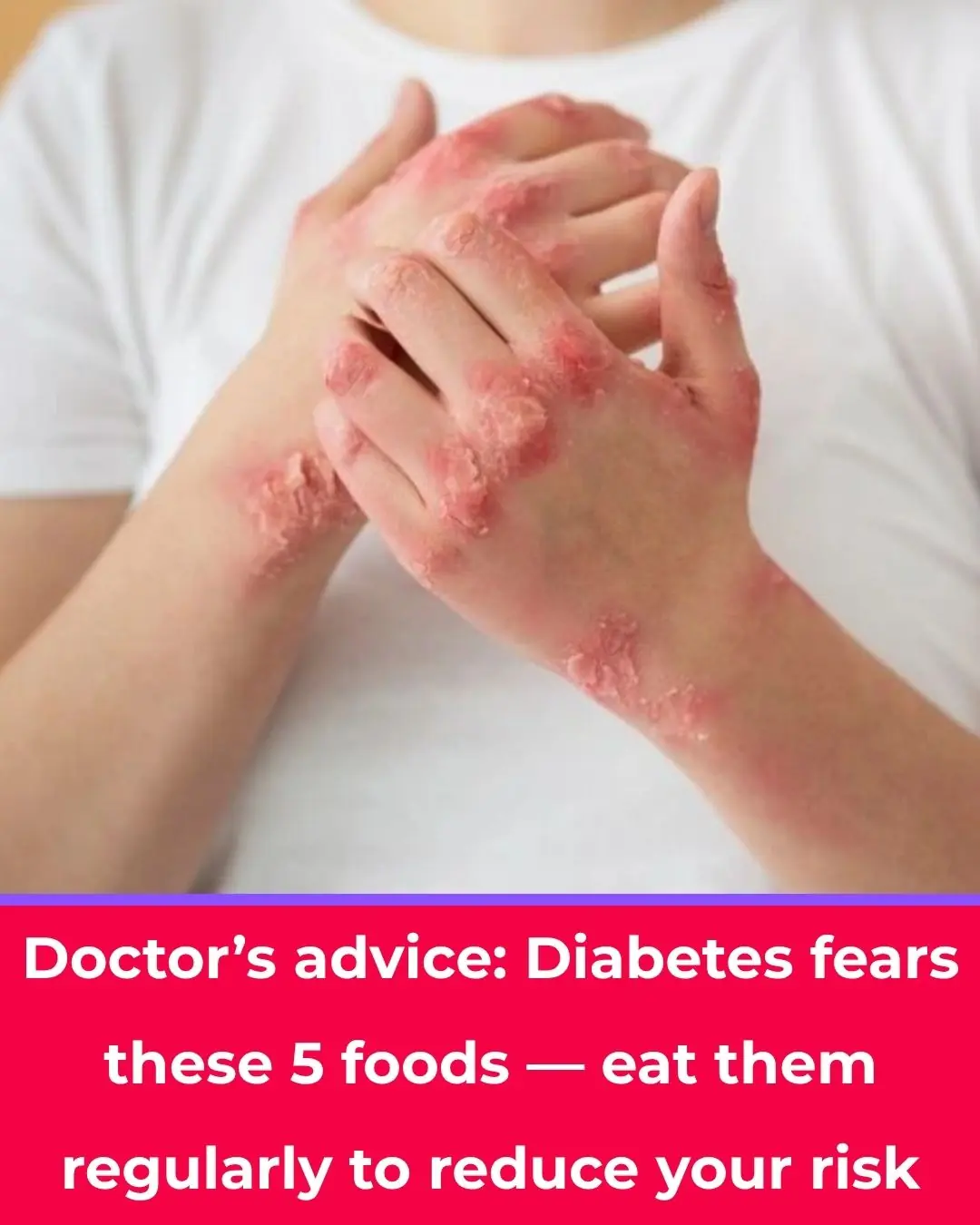
Everyone Fears Diabetes — But Diabetes “Fears” These 5 Foods the Most
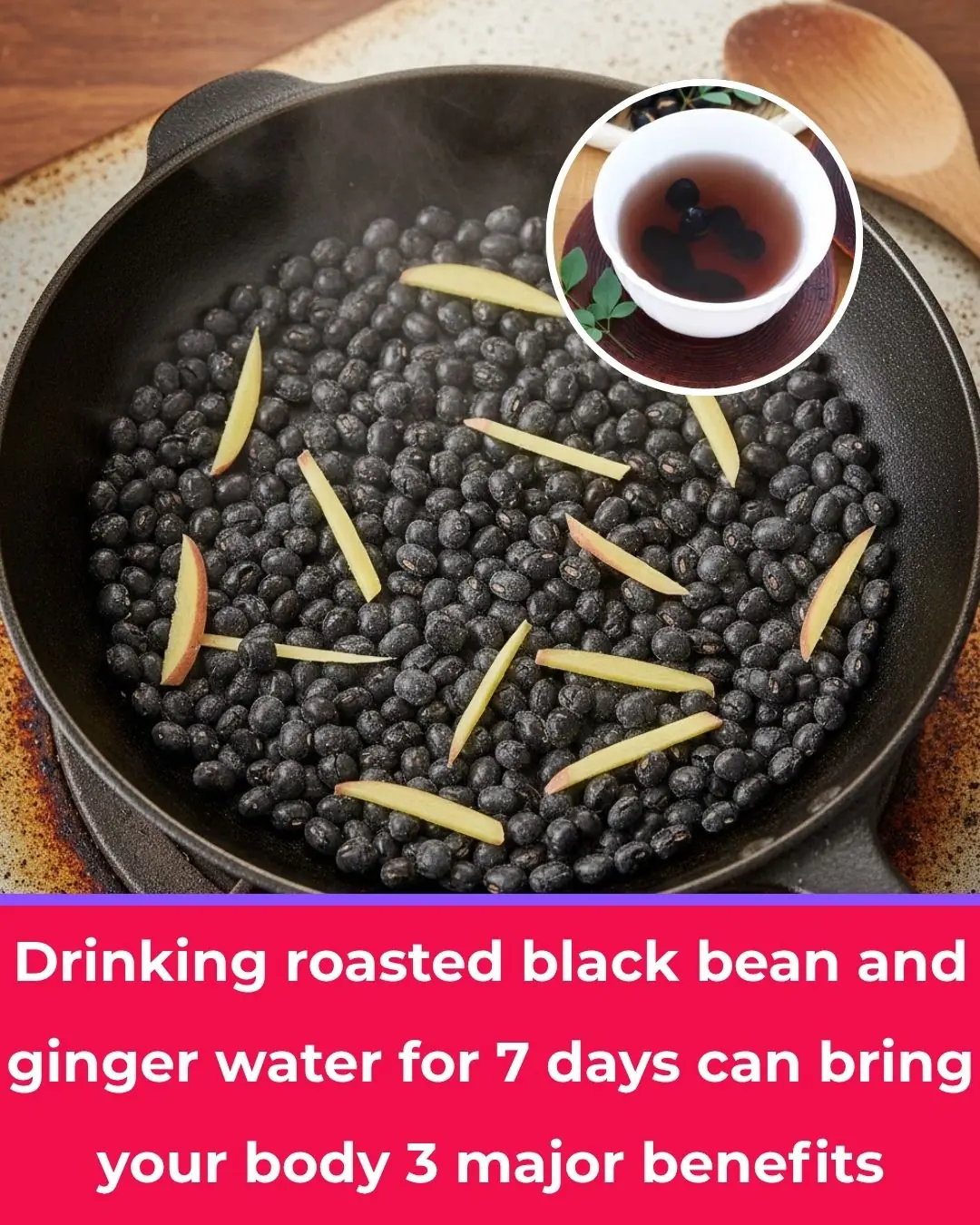
Drink Roasted Black Bean and Ginger Tea for 7 Days — Your Body Will Thank You with 3 Amazing Benefits

“Now I Understand Why He Didn’t Want To Re-Sign Me To The Blazers’: Hassan Whiteside Says Chauncey Billups’ Gambling Habits Influenced Roster Moves

Grandfather Shows The Ultimate Support For His Granddaughter’s Budding Hair Business

The real story behind the world's deadliest computer virus

Meet Jason Brown, The Former NFL Player Who Walked Away From It All To Become A Farmer

Coach Dawn Staley to Release New Book Chronicling Her Legendary Career

Johns Hopkins Doctor Works At The Same Place His Grandmother Once Cleaned

VA Descendants Of First Enslaved Africans In North America Return To Ancestral Land

6-Year-Old Taught Himself To Dance, Now He’s Starring In ‘The Nutcracker’
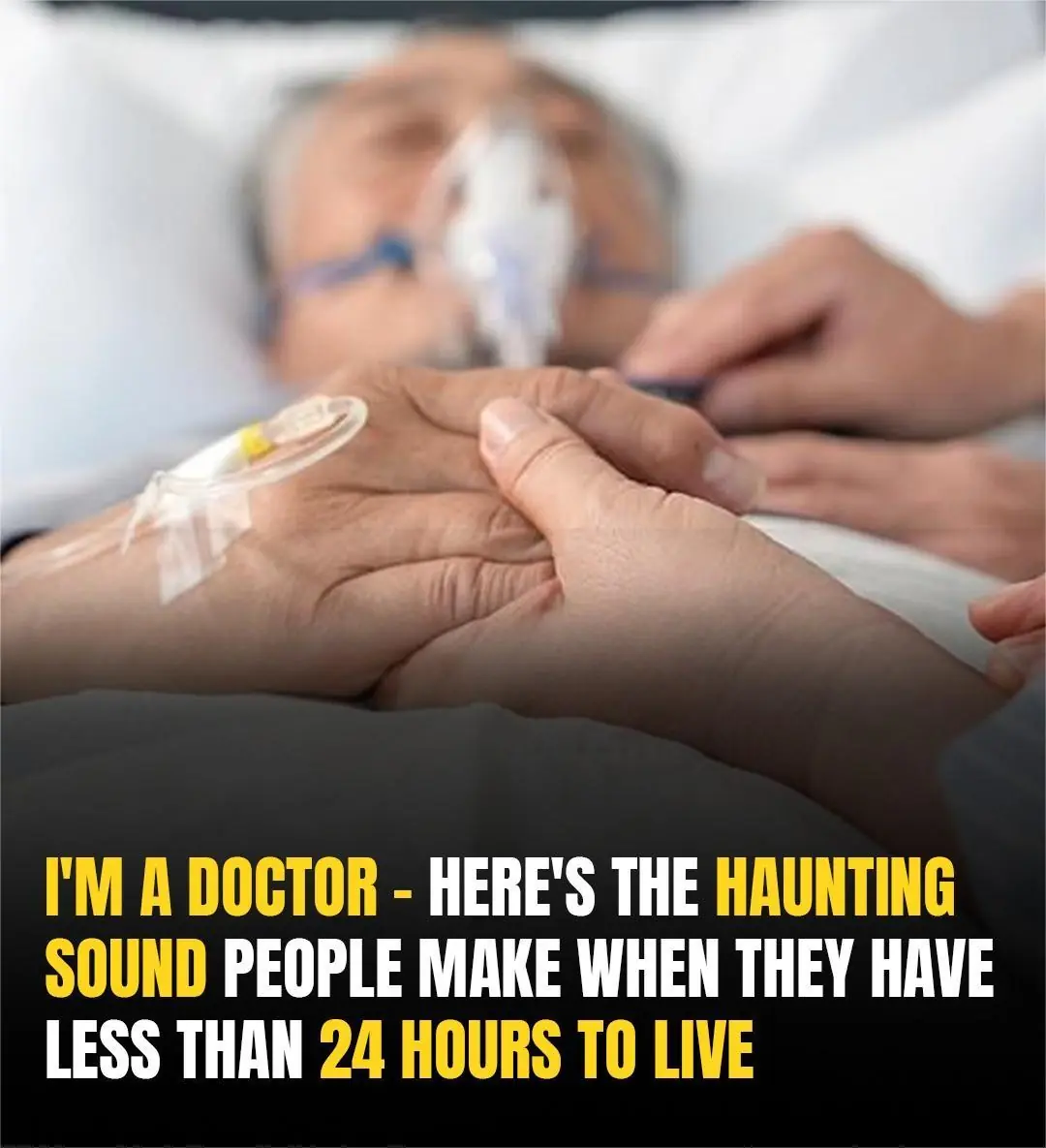
The Final Sound: What the “Death Rattle” Really Means in the Last 24 Hours of Life

YouTubers spend $10,000 unboxing three jet boats from Temu and are in shock at what's delivered
News Post

7-Eleven Manager Allegedly Suffocates Employee During Shift—Victim Dies Days Later
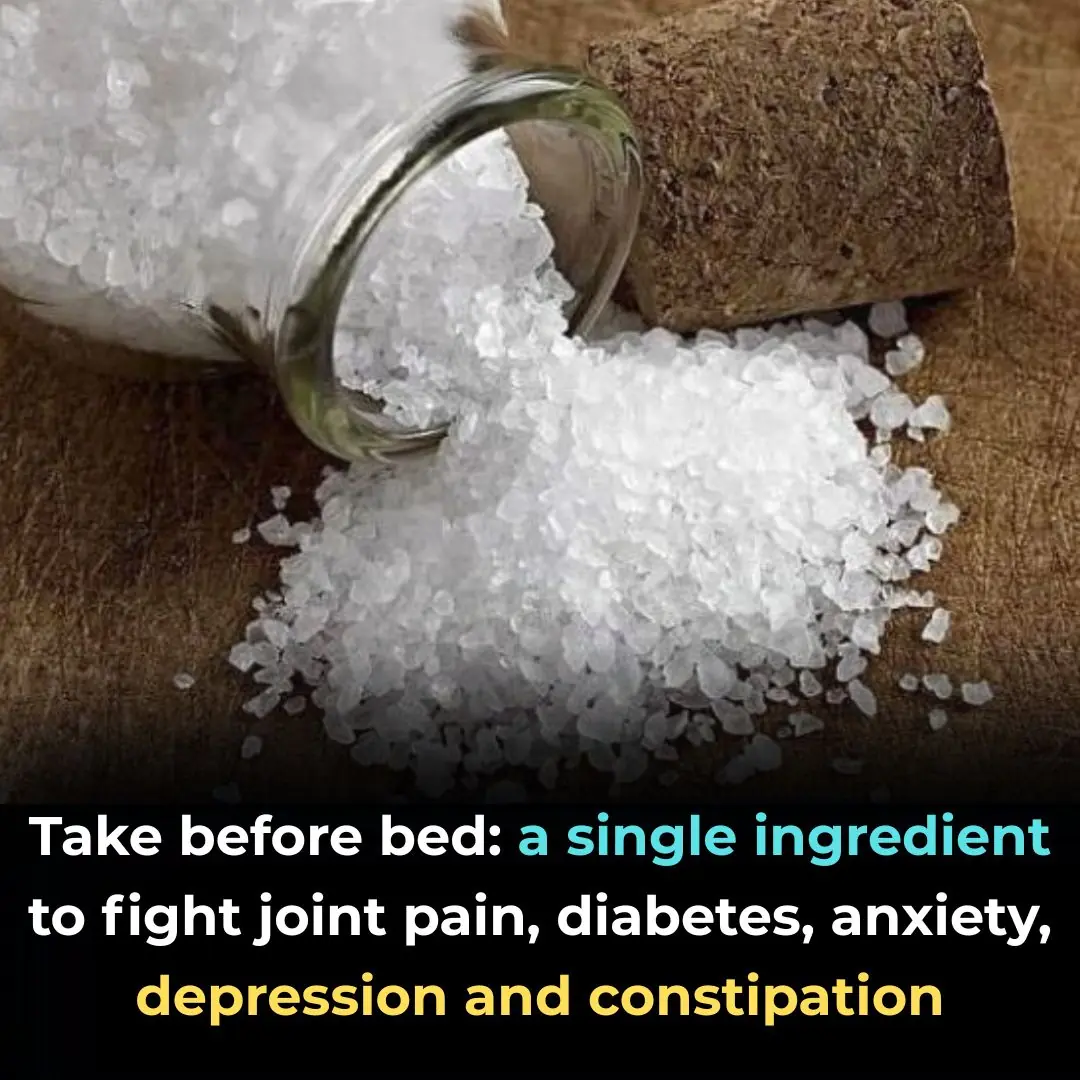
Take This Before Bed — and Wake Up Transformed
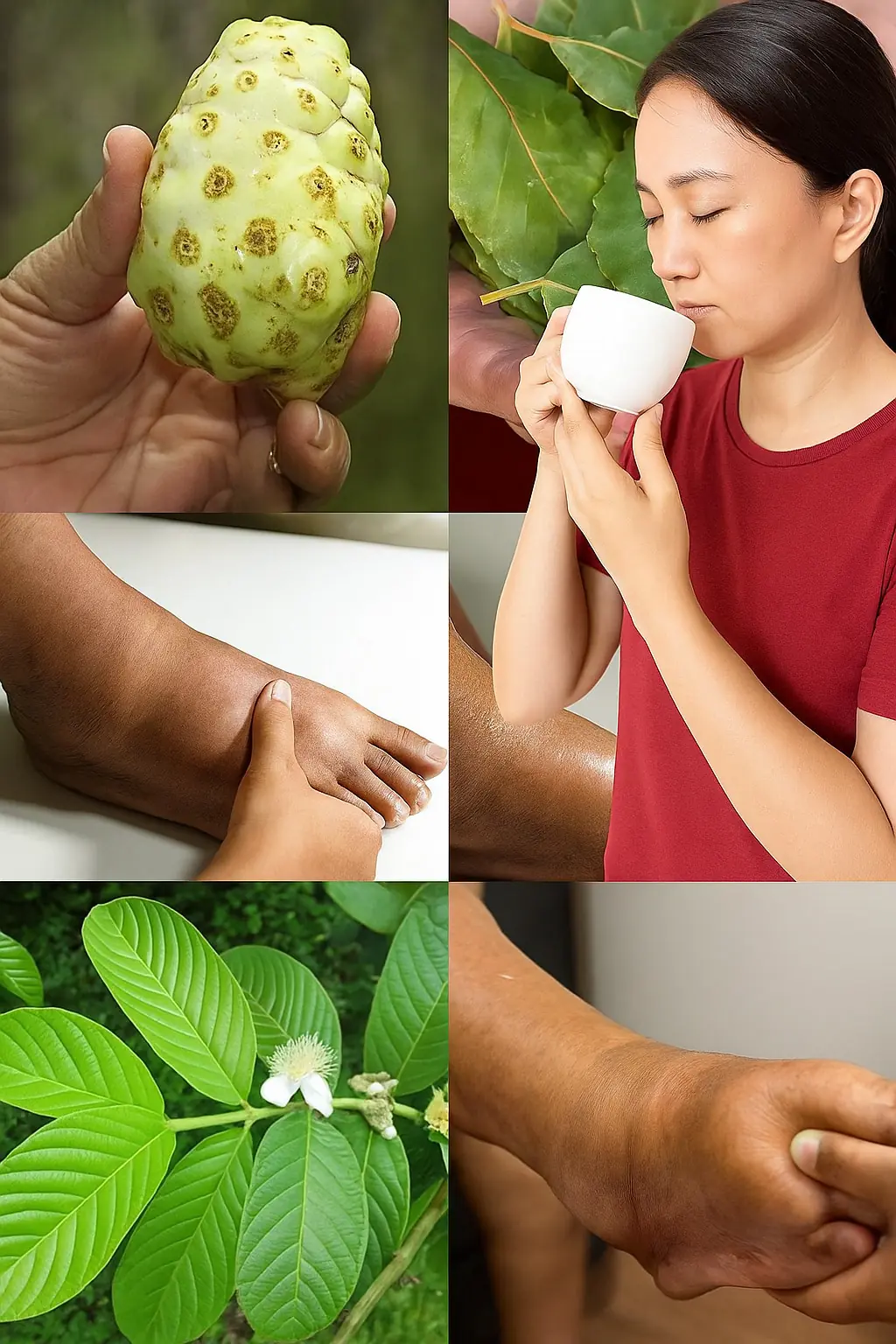
The Ultimate Healing Tonic: A Powerful Natural Drink for Swollen Feet, Diabetes & Poor Circulation
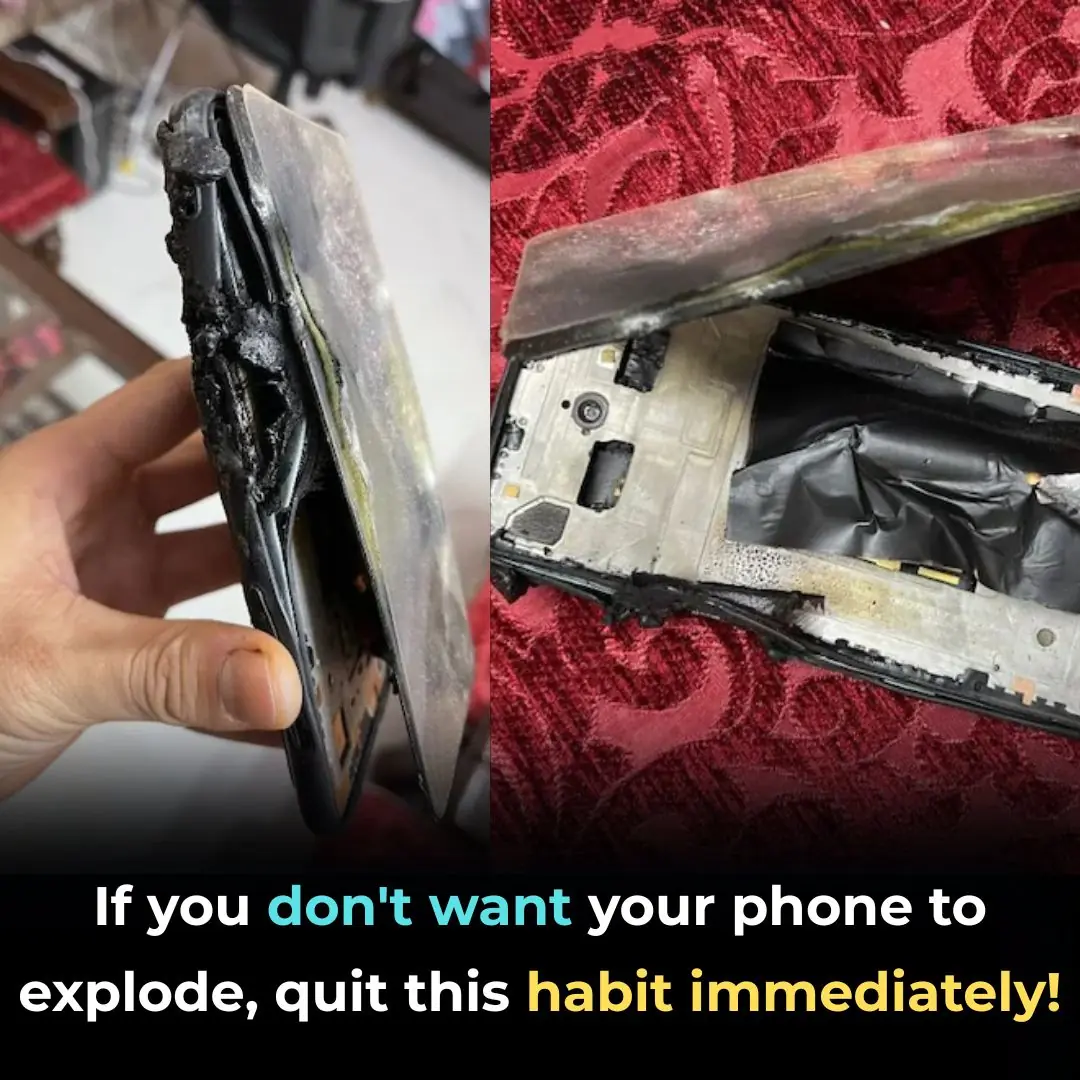
Stop This Dangerous Habit Before Your Phone Explodes!

Women Who Age Quickly & Have Shorter Lifespans Often Do These 4 Things at Night — How Many Are You Guilty Of?

Eating Fish “for Ultimate Strength” — 30-Year-Old Woman Diagnosed with Premature Ovarian Failure, Body Full of Mercury

42-Year-Old Man Dies of Stroke Despite No Smoking or Alcohol — Doctor Warns: “How Dare You Eat This Every Day!”

Boil Perilla Leaves with a Few Stalks of Lemongrass — Your Body Gets These 7 Excellent Benefits

Everyone Fears Diabetes — But Diabetes “Fears” These 5 Foods the Most
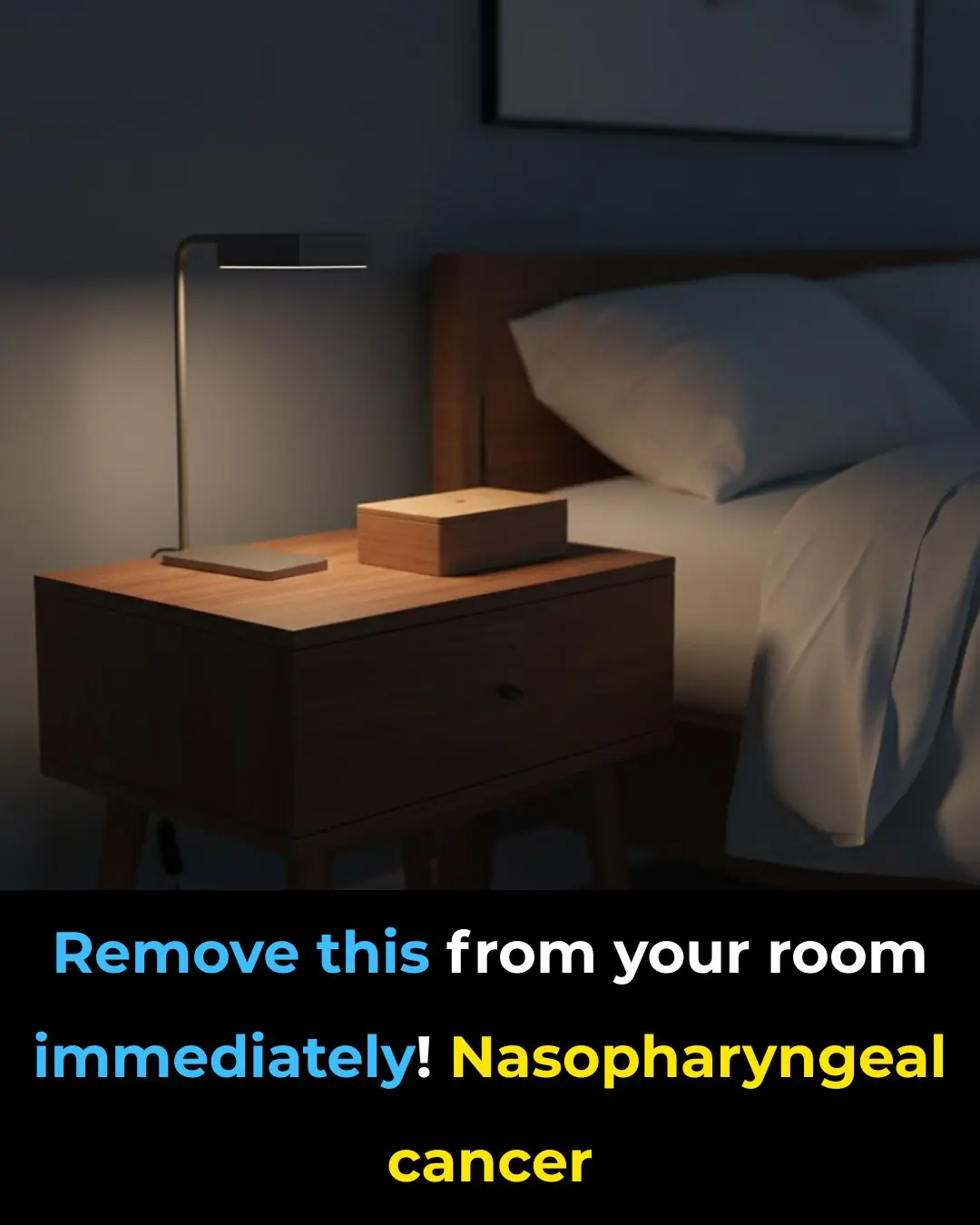
Objects That May Be Harming Your Health Without You Noticing
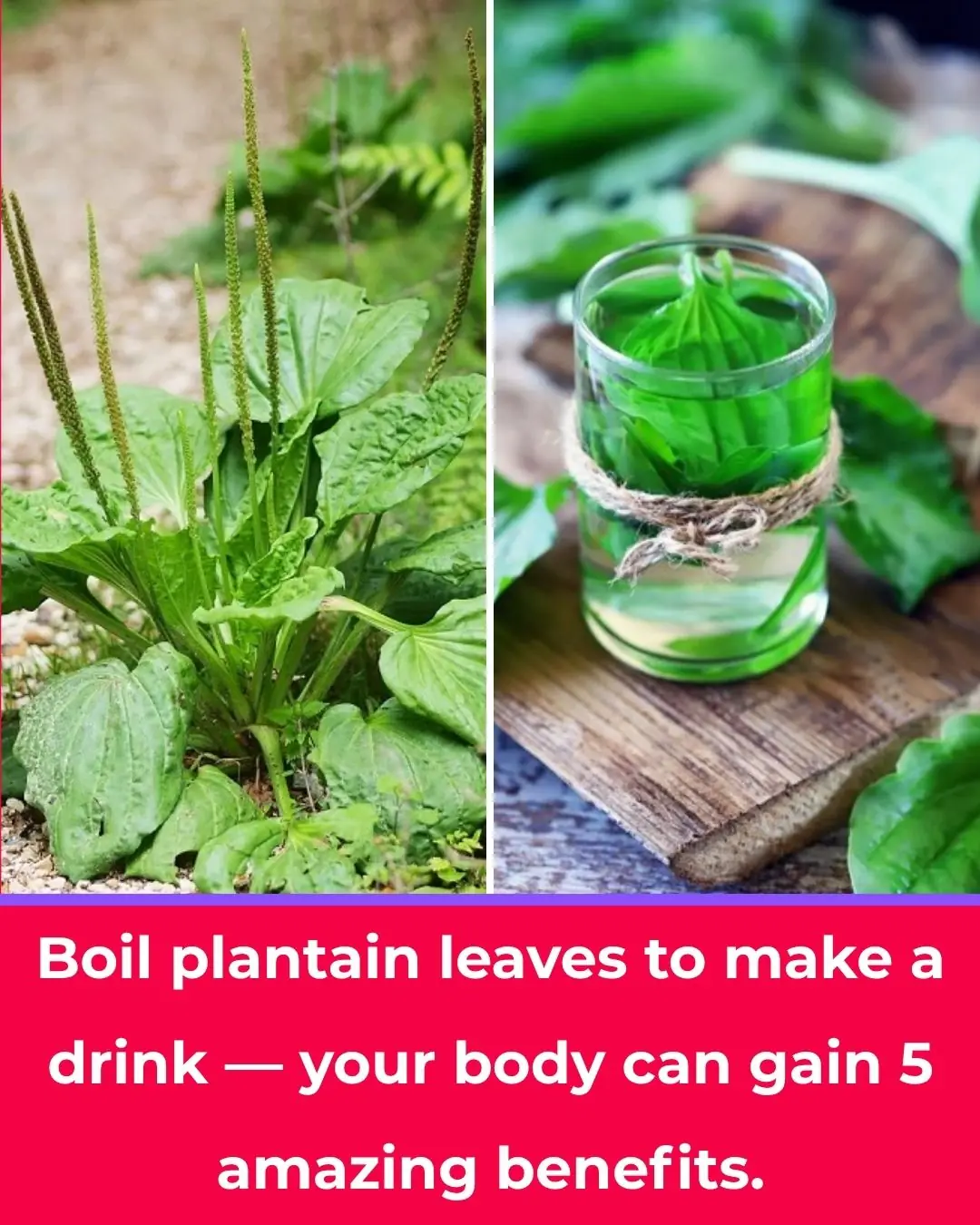
Drinking Plantain Leaf Tea: 5 Powerful Health Benefits for Your Body

Drink Roasted Black Bean and Ginger Tea for 7 Days — Your Body Will Thank You with 3 Amazing Benefits

Garlic: The Natural Weapon Against Pests You Probably Forgot About

Banana and Coffee: Powerful combination with surprising benefits
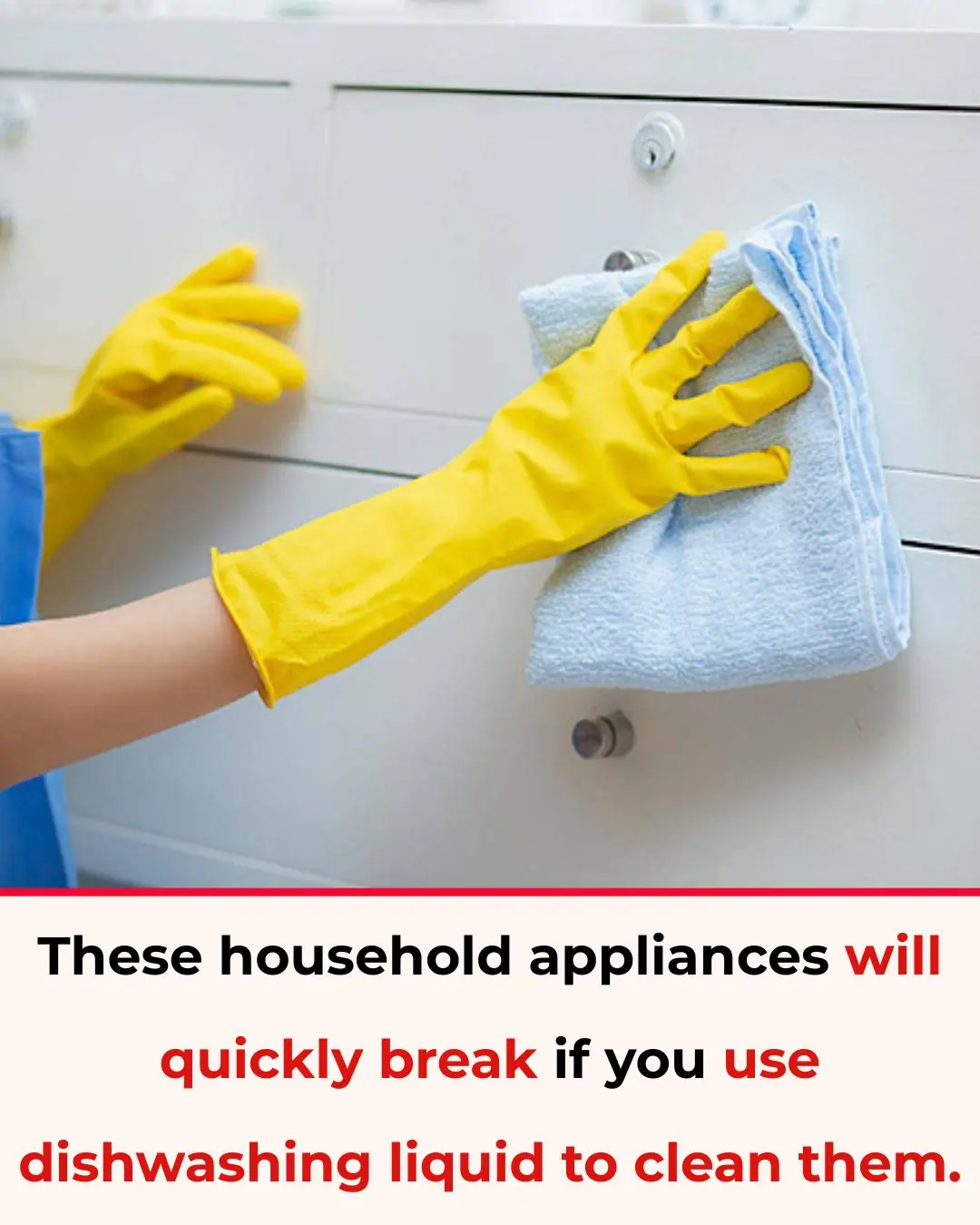
Household Items That Quickly Get Damaged If You Clean Them with Dish Soap
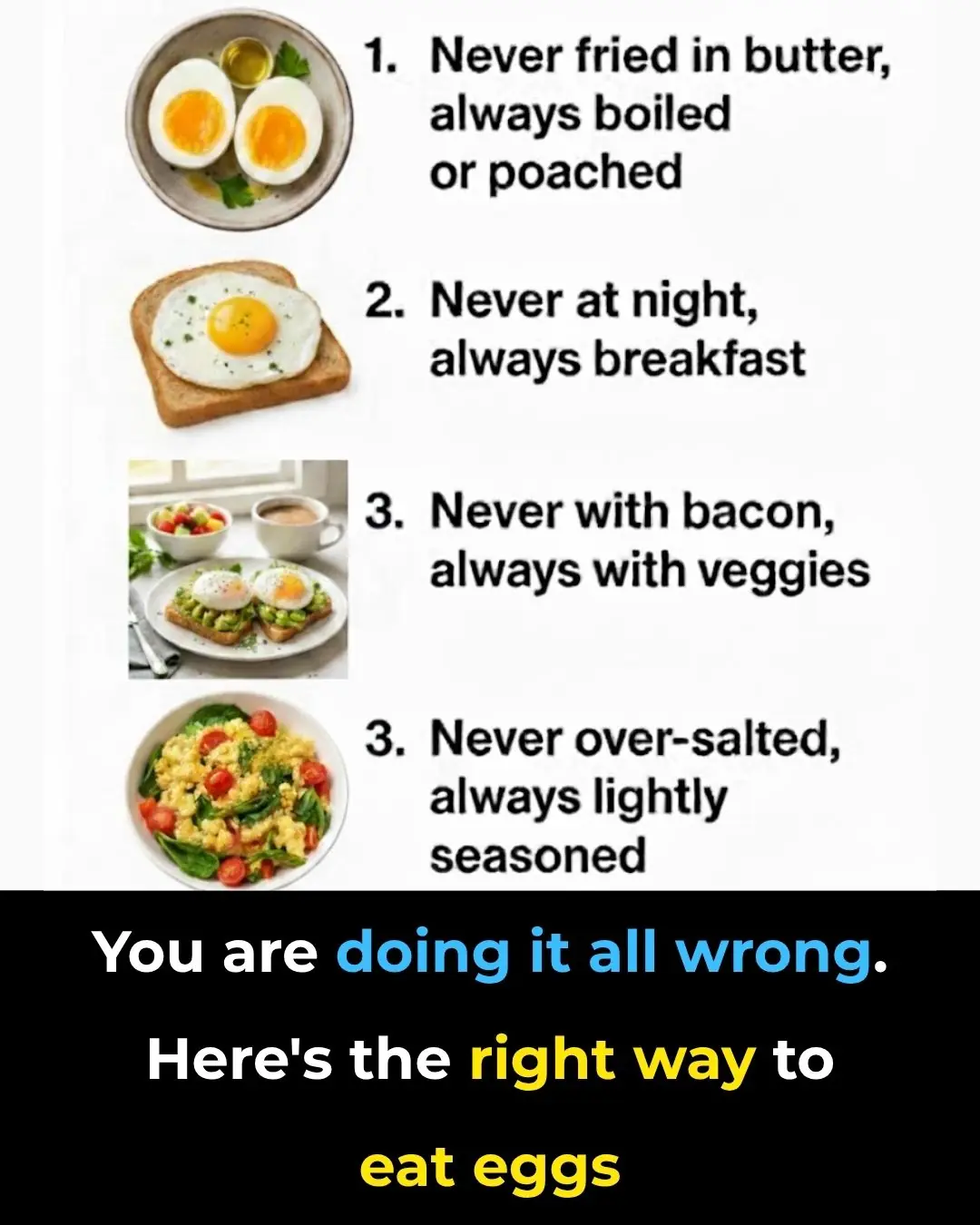
You are doing it all wrong. Here's the right way to eat eggs
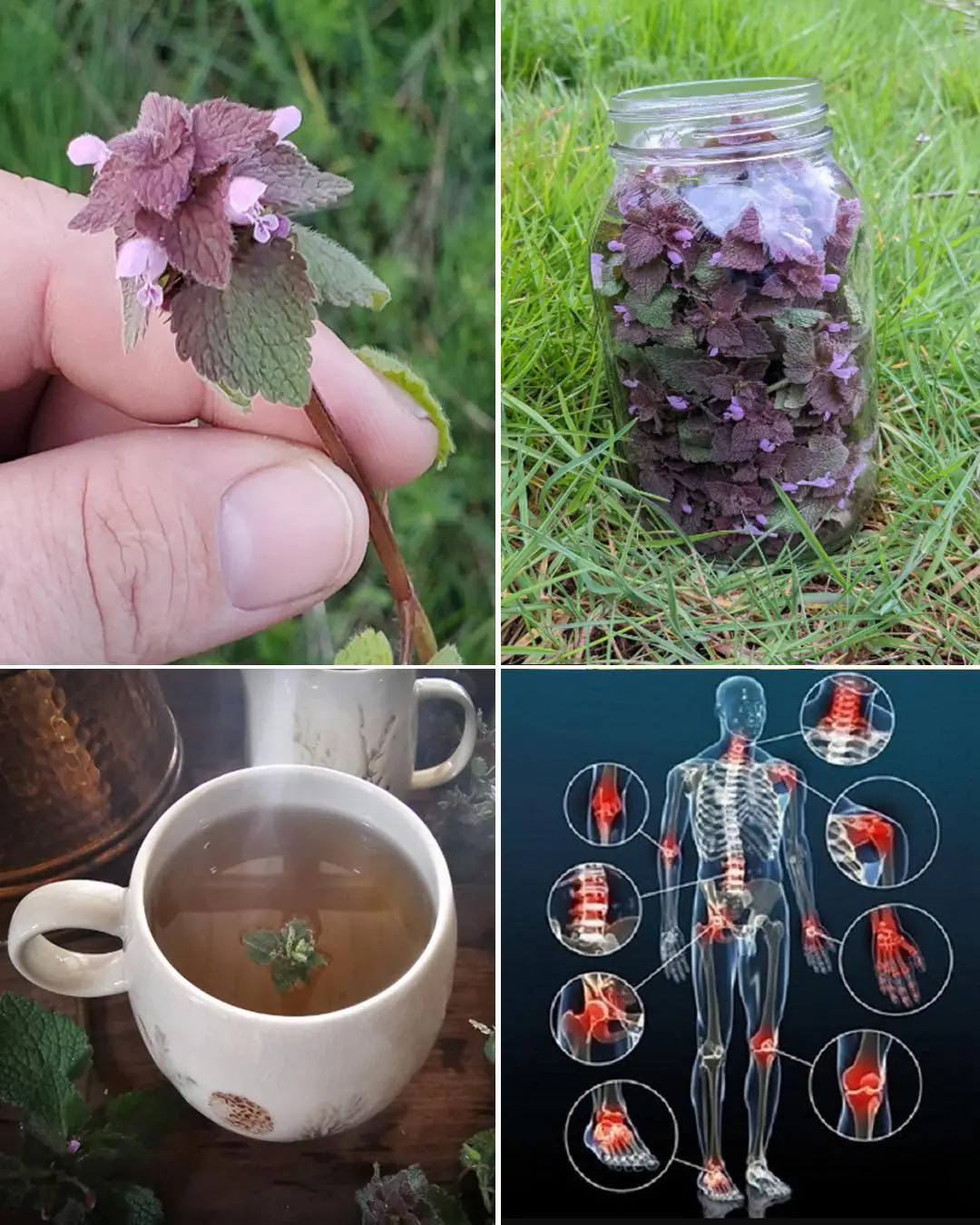
10 Reasons to pick purple dead nettle this spring
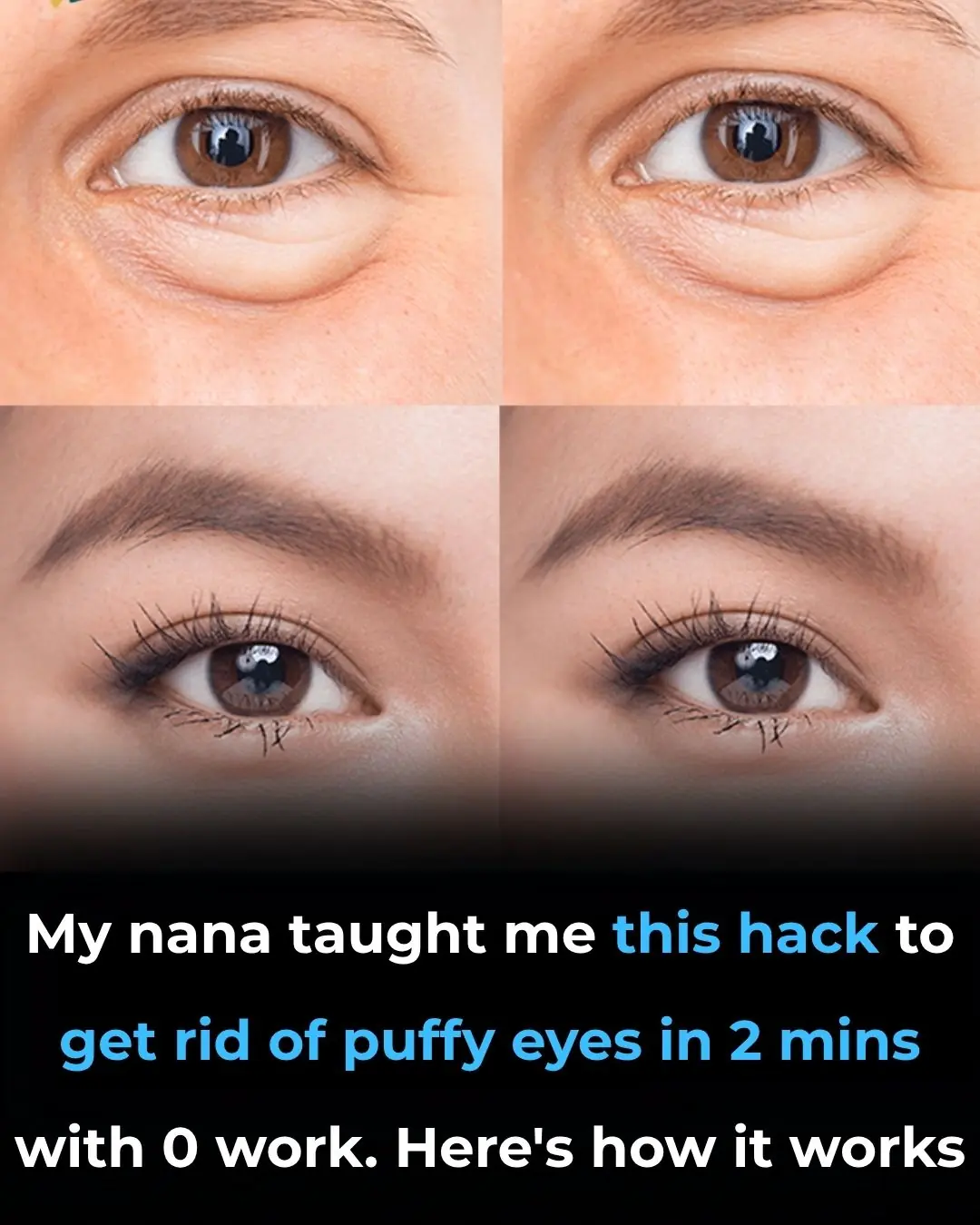
My nana taught me this hack to get rid of puffy eyes in 2 mins with 0 work. Here’s how it works
